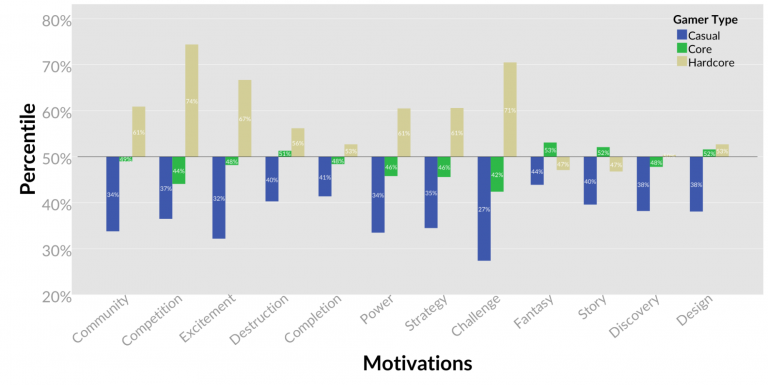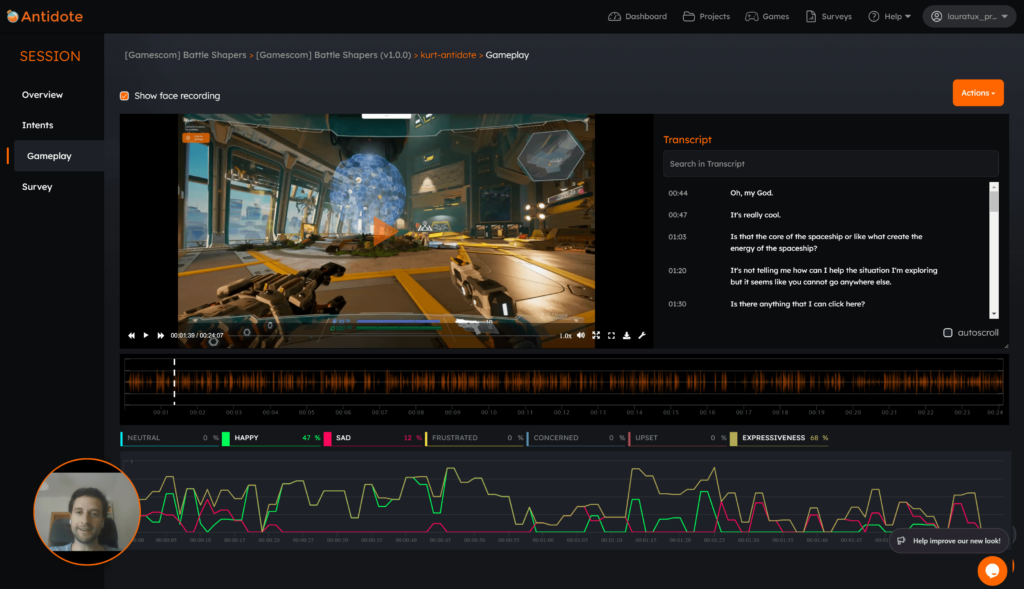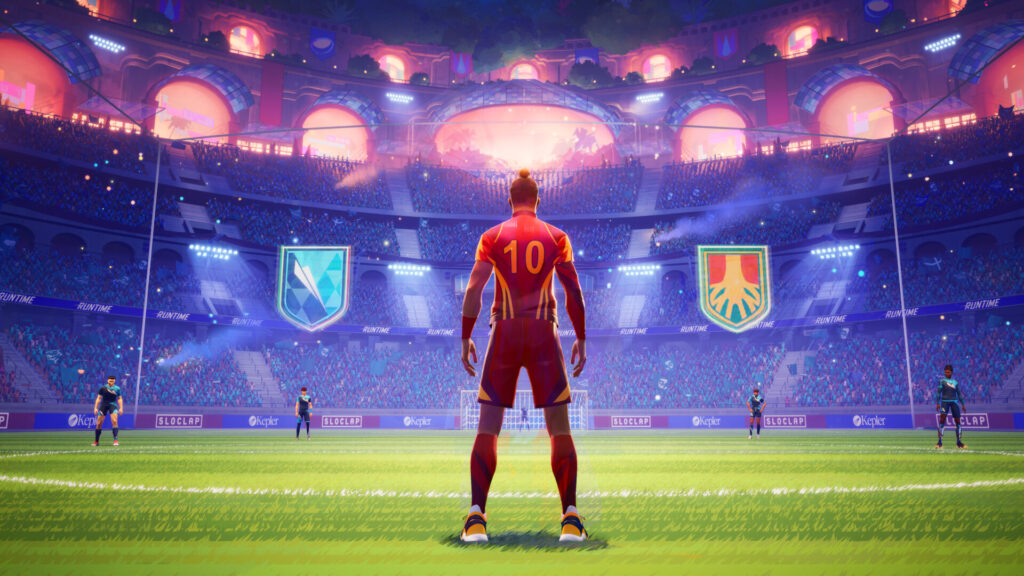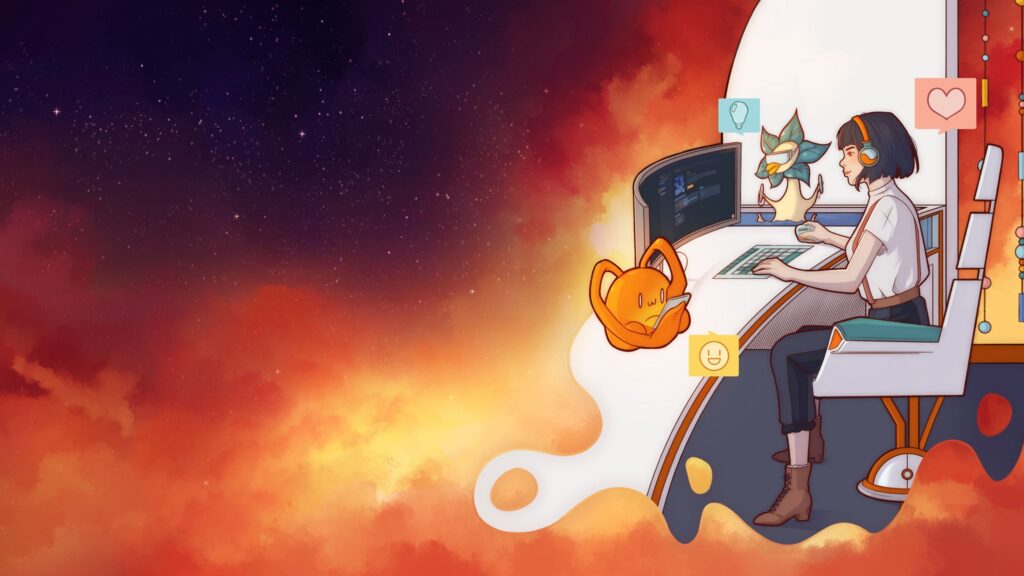Do you remember the last time you quit playing a game when you got stuck in one of its levels because you got too frustrated?
Or on the other hand, do you remember a game that was so simple you eventually got bored and stopped playing it? Kind of disappointing, isn’t it?
This type of situations have kept game developers doing their homework in terms of research, so it is not a surprise to find several studies that have investigated the diversity of gamer profiles, each with their motivational characteristics based on factors such as gender, age, race or even health1 (Dmitri Williams, Nick Yee, Scott E Caplan, 2008). Therefore, it does not seem unusual to observe how some players are motivated by the exponential increase in-game difficulty, while other individuals are overcome by the steep difficulty curve, finally leaving the game.
In this way, we introduce the concept of flow to gaming, which was defined by the recently deceased researcher Csikszentmihalyi as “the state of peak enjoyment, energetic focus, and creative concentration experienced by people engaged in adult play (Csikszentmihalyi, 1991)2. Flow supposes a balance that entails the merging of the increase in the difficulty curve and the acquisition of skills by the player. The bidirectional relationship between the game mechanics and how the player adapts to them progressively translates into the main key to building an immersive game experience that results in a motivated player flowing through the gameplay process.

The developer’s biggest goal in this sense is to achieve this motivational phenomenon through the design and evolution of a complex set of components that make up the final version of the game. During this process, the testers play an essential role in confirming the effectiveness of the mechanics, the environment, the difficulty, and the rewards offered by the virtual experience in terms of motivation and immersion, and their contribution also helps the developers in their mission to identify the gamer profile with the highest match potential, hence the importance of the player personality.
Various studies have concluded that there is a correlation between the consumer’s personality traits and their preference regarding the genre of the game, as is the case of the Canadian researcher Veronica L Zammitto4 who managed to prove the existence of a connection between the prestigious Big Five Personality Model5, the user demographic origin and their choice of the video games genre.
In short, players reach the state of flow depending on their experience (time inverted and skills gained) and their personality traits (motivation), nevertheless, the concept of flowing cannot be interpreted as universal in the world of video game design (figure 2; Gamer profile motivation chart by Nick Yee, 2018). As the game designer, Paulin Martyn’s6 explains, hardcore players and some of the mid-core players experience frustration as part of the enjoyment, looking for satisfaction and feeling of reward when defeating a boss after 34 attempts, while casual players won’t feel motivated by spending that much time repeating the same activity over and over.

So, if while reading this you were able to remember that one game you left halfway because you couldn’t find a way to not get on your nerves constantly, or on the opposite, you were falling asleep as the levels were passing, you should know that probably that particular game wasn’t your better half. However, do not feel discouraged, the best thing you can do now is to move on and keep looking for it. The possibilities have never been bigger than now, and we are sure you will discover a bunch of amazing games waiting to be played by you soon.
References
1 D Williams, N Yee, SE Caplan (2008) Who plays, how much, and why? Debunking the stereotypical gamer profile. Journal of computer-mediated communication 13 (4), 993-1018
2 M Csikszentmihalyi (1990) Flow: The psychology of optimal experience. Harper & Row
3 M Csikszentmihalyi (2000) Beyond boredom and anxiety. Jossey-Bass
4 Zammitto, V. “Gamer’s profiles and their gaming preferences.” SIMON FRASER UNIVERSITY. 2010
6 Martyn, P. “Dark Souls and Flow.” Paul Martyn’s Blog. January 16th, 2017.
7 Yee, Nick. “What Men and Women Consider Hardcore Gaming Are Not The Same”. Quantic Foundry, Analytics, Video games. August 1st, 2018.
Csikszentmihalyi, M. (1991) Flow: The Psychology of Optimal Performance. New York: HarperCollins Publishers, p.67.
Yee, Nick. “What Men and Women Consider Hardcore Gaming Are Not The Same”. Quantic Foundry, Analytics, Video games. August 1st, 2018.
D Williams, N Yee, SE Caplan (2008) Who plays, how much, and why? Debunking the stereotypical gamer profile. Journal of computer-mediated communication 13 (4), 993-1018
John, O. P., Donahue, E. M., & Kentle, R. L. (1991). Big Five Inventory (BFI) [Database record]. APA PsycTests.
Martyn, P. “Dark Souls and Flow.” Paul Martyn’s Blog. January 16th, 2017.
Zammitto, V. “Gamer’s profiles and their gaming preferences.” SIMON FRASER UNIVERSITY. 2010



